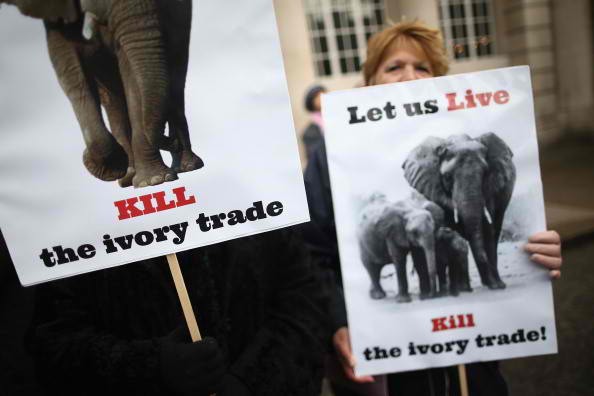China recently announced that ivory trade will be considered illegal in the country. This order will lead to the closure of 34 licensed carving factories and 130 retailers before the end of March 2017.
More businesses will cease operations by the end of the year.
Almost all retailers of ivory in China are in the black market.
The WWF hailed China's move to protect the species of elephants. In a statement, the environmental organization said that it is a "historic announcement . . . signaling an end to the world's primary legal ivory market and a major boost to international efforts to tackle the elephant poaching crisis in Africa.
"Setting such an aggressive timeline to close--once and for all--the largest domestic ivory market in the world is globally significant," said Elly Pepper, deputy director of the Natural Resources Defense Council.
"It's a game-changer and could be the pivotal turning point that brings elephants back from the brink of extinction," she added.
Other environmentalists such as Tom Milliken, who leads the elephant program at the wildlife trade watchdog TRAFFIC, said that although China's move is positive, it opens a bigger market for ivory traders in Africa.
According to Milliken, people should stop the trade and the overall interest in ivory.
He said that for the trade to stop, there should be a "recount of legal ivory stockpiles leaking into the black market, which would involve registration and regular auditing of all unsold pieces."
The Environmental Investigation Agency noted on their website, "Overall, the Chinese domestic ivory ban is a major cause for celebration and optimism as we begin 2017."
They added, "Although the potential loopholes need clarifying and closing, this notification sends a strong and timely signal that the global ivory market is progressively shutting up shop."




























